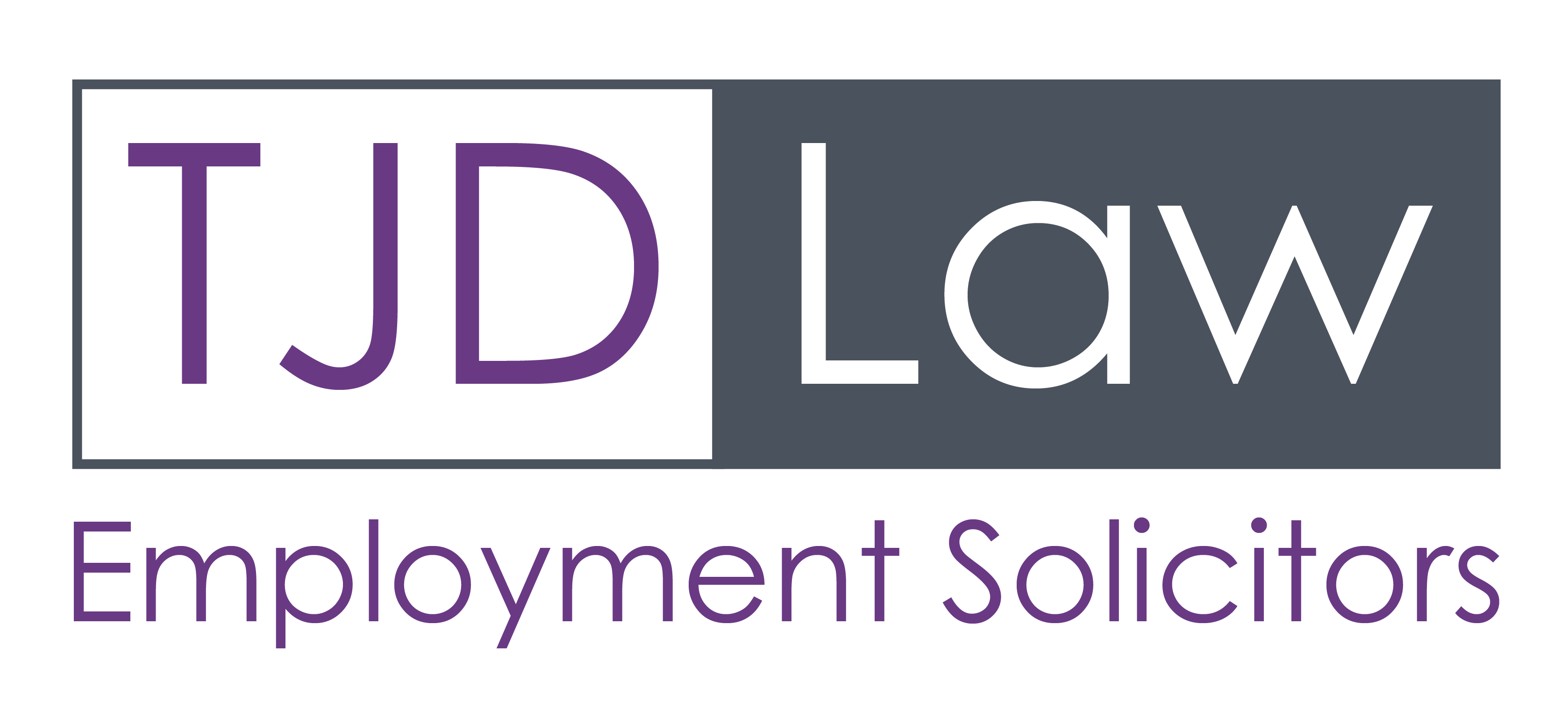Modern technology and creative working practices have changed the very concept of what constitutes an employment relationship. This is reflected in the growth of the ‘gig economy’, where short-term engagements of independent contractors are becoming more commonplace. Whilst potentially offering greater flexibility for the individual, these arrangements also remove fundamental employment protections.
Making the wrong assessment of an individual’s employment status can, as Uber discovered, be very costly. That decision has been followed by a number of further cases in which plumbers and couriers, although described as ‘contractors,’ have been deemed to have certain employment rights.
The common issue in most of these cases is that employment legislation does not simply categorise individuals as employees or self-employed; it also includes a third, hybrid category referred to as ‘workers’. These are individuals who provide a personal service to another organisation, and cannot genuinely be said to be operating their own business. ‘Workers’ receive certain employment benefits (including national minimum wage and holiday pay) but not the full protection of employees. Correctly classifying an individual’s employment status is therefore critical in determining their employment rights and obligations, as well as your potential tax liabilities.
Having the correct employment documentation can help, but it’s not just about the label that you give to a relationship. ‘Casual workers’, for example, are a particularly risky category of staff because there is no unified definition of this term; it means different things to different people. To fully understand the employment status of such individuals requires a careful analysis of how the relationship works in practice.
Those businesses providing or using agency staff also need to be aware of the specific legislation applicable to this category of workers, notably the Conduct of Employment Agencies and Employment Business Regulations 2003 and the Agency Workers Regulations 2010.
TJD Law can assist with
- An assessment of the employment status of your staff and their employment rights
- Drafting and implementing documentation to ensure that the correct relationship is established
- Defending claims where employment status is disputed
- Resolution of disputes with recruitment agencies (e.g. restrictions on working or the charging of ‘temp to perm’ fees)
